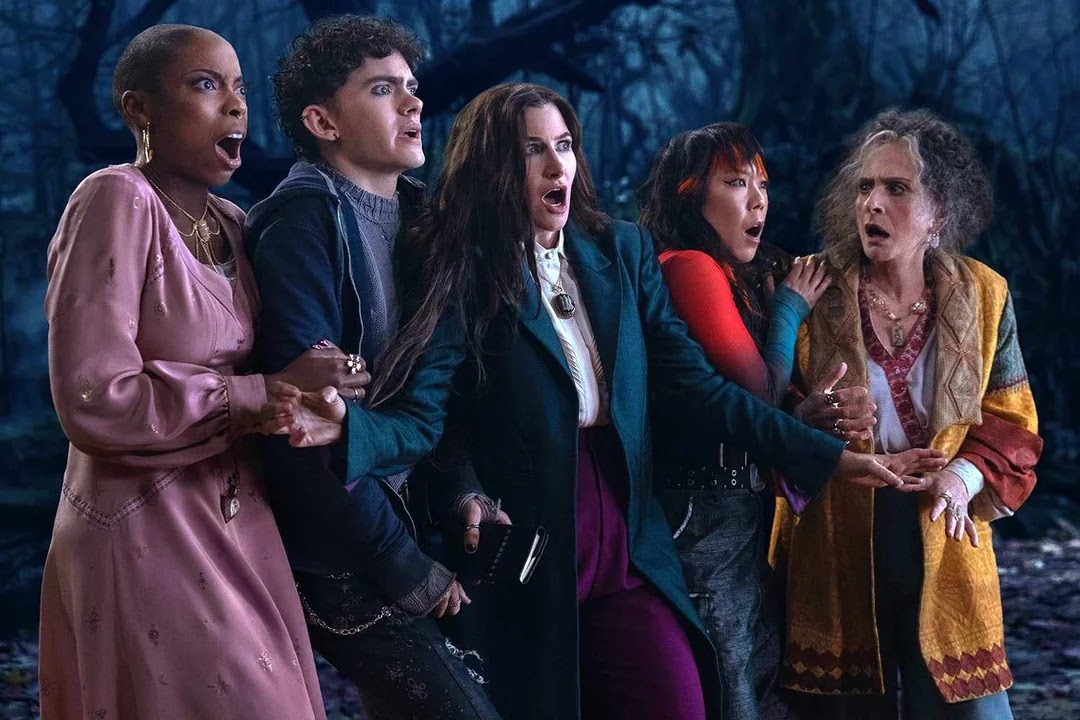Your or You're: Learn the Difference Once and For All!
The correct sentence is "your".
"Your" shows possession, like in the sentence, "That is your book."
"You're" is a contraction of "you are," as in the sentence, "You're going to love this book!"
Okay, let's talk about "your" and "you're." These two little words trip up so many people. It's a really common mistake, so if you've ever mixed them up, don't worry! You're in good company. This little guide will help you understand the difference once and for all.
Think of it this way: "your" shows possession. It's like saying something belongs to someone. For example, "Is that your dog?" The dog belongs to you. See how that works? Other examples include: "Your car is blue," "Your smile is bright," or "Your ideas are interesting." "Your" is all about ownership.
Now, "you're" is a contraction. That just means it's a shortened version of two words put together. "You're" is short for "you are." So, if you can say "you are" in a sentence, then you need "you're." For instance, "You're going to the party, right?" You could also say, "You are going to the party, right?" Both mean the same thing. Other examples include: "You're a great friend," "You're so talented," or "You're making a difference."
Here's a simple trick to remember which one to use: If you can replace "your" or "you're" with "you are" in your sentence and it still makes sense, then you need "you're." If it doesn't make sense, then you need "your."
Let's look at a few examples to really drive this home:
"Your shoes are untied." Could you say, "You are shoes are untied?" No, that sounds silly. So, "your" is correct.
"You're going to be late!" Could you say, "Your going to be late?" No, that's not right. But "You are going to be late!" makes perfect sense. So, "you're" is the one we want.
"Is this your book?" "Is this you are book?" Nope. "Your" it is.
"You're so kind." "You are so kind." Sounds good! "You're" is the winner.
See? It's not that complicated once you get the hang of it. Just remember the difference between showing possession ("your") and saying "you are" ("you're").
One more thing: Try reading your writing out loud. Sometimes, hearing the sentence can help you catch mistakes. If it sounds awkward with "your" or "you're," try swapping them and see if it makes more sense.
Don't beat yourself up if you still make mistakes sometimes. Everyone does! The important thing is that you're learning and trying to improve. So, keep practicing, and you'll be a "your" and "you're" pro in no time! You're doing great!







